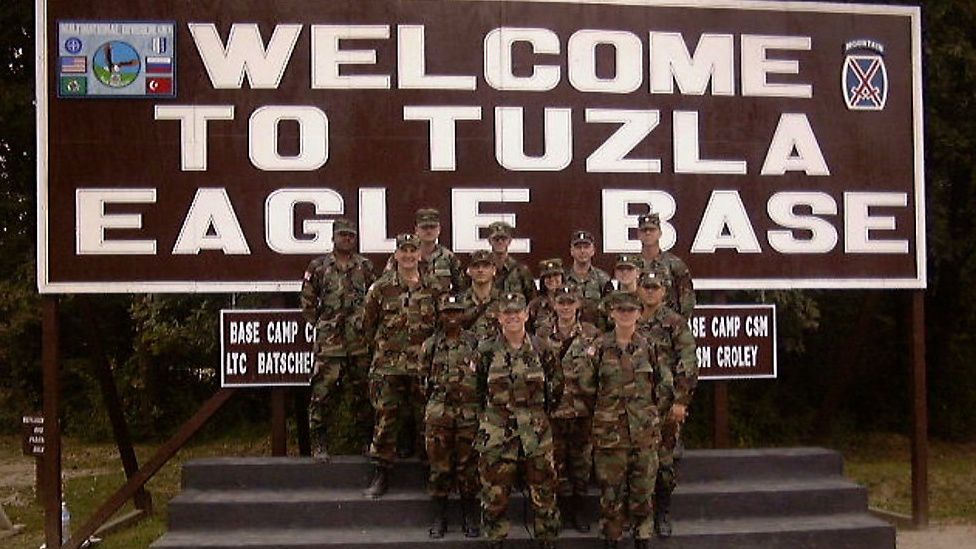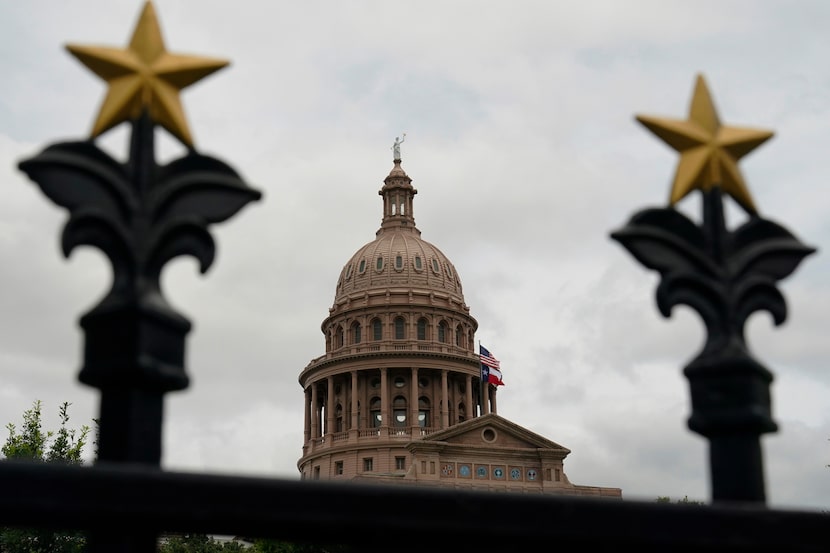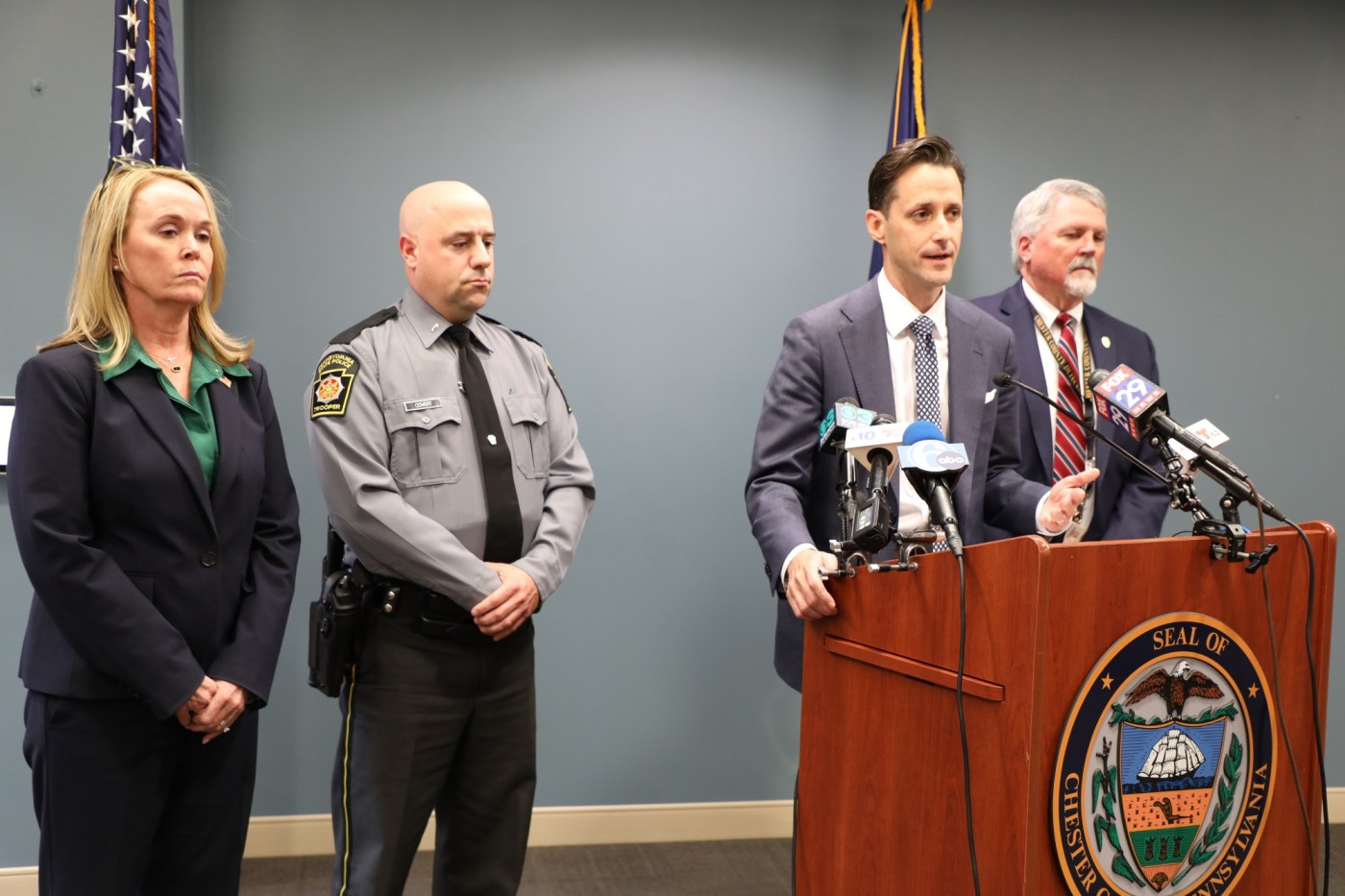BREAKING NEWS: Former U.S. Army veteran Janice Gravely is celebrating a historic milestone for women in the military, as she reflects on her journey to help pave the way for women to serve in combat roles. This urgent update highlights Gravely’s significant contributions, which have led to transformative changes in military policy regarding female soldiers.
In 2013, the U.S. lifted combat restrictions on women, but the journey has been fraught with challenges. “Serving our country, it’s just always been something that’s fascinated me,” Gravely stated, emphasizing her commitment to military service. Despite facing roadblocks in her career, she persevered, ultimately proving her capabilities in a male-dominated environment.
Gravely, who trained in nuclear explosion subversion, was stationed in Alaska at a time when women were barred from combat positions. “I went to talk to the division chemical officer. He’s like, ‘Why did they send you here, lieutenant? We have no jobs for female officers in Alaska. It’s a combat area,’” she recalled. Undeterred, she secured a position as a communications officer, navigating the gray areas of military regulations.
Her experience in combat zones, including Bosnia and Iraq, showcased her resilience and determination, even as she wasn’t officially recognized as a combat officer. Gravely shared a memorable moment, saying, “One of my soldiers once told me, ‘Ma’am, don’t take this the wrong way, but you’re more man than I’ll ever be.’”
Gravely served alongside notable figures, including retired four-star General Ann Dunwoody, who she calls “one of the most impressive women anyone will ever meet.” Although Gravely has since retired, her legacy continues to inspire, especially after the military officially allowed women to serve in combat roles in 2016.
“It’s so refreshing now to see our females being able to go to Ranger school and become infantry officers if they want,” Gravely said, highlighting the progress made. However, she remains aware of the ongoing fight for equality. “If you want it, go for it. Know what the rules are, play by the rules, and then the men need to let the system work right,” she stressed.
Gravely pointed out an alarming statistic: only 10 women have ever held four-star ranks in the military, and currently, there are none. “There are women that, if you look at their records, outshine those men 100-fold,” she asserted, advocating for the recognition of female leaders in the armed forces.
As the military continues to evolve, Gravely hopes for a future where more women can rise to leadership positions, shaping the next generation of military leaders. Her story serves as a powerful reminder of the strides made and the work that still lies ahead in the pursuit of gender equality in the armed forces.
Stay tuned for more updates on this developing story as we continue to follow the impact of women like Janice Gravely on the U.S. military landscape. This is not just a history lesson; it’s an ongoing battle for equality and recognition in a field where women are increasingly proving their mettle.







